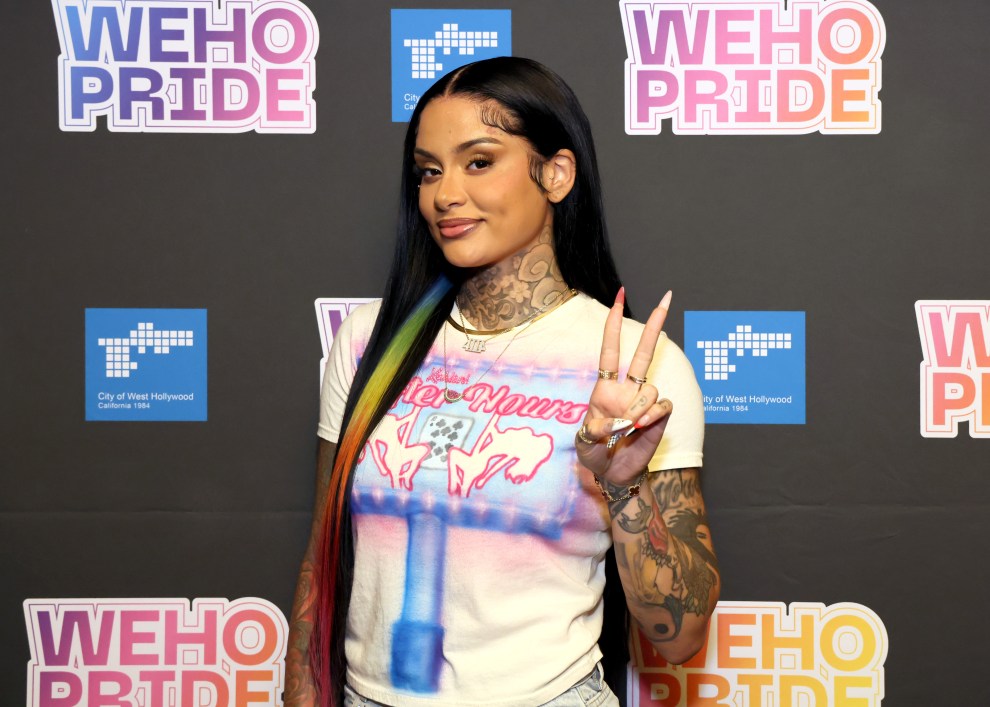Cornell University’s decision to feature R&B artist Kehlani at its upcoming spring concert has ignited a wave of controversy on campus. The backlash stems from Kehlani’s outspoken support for Palestine, which has polarized students and faculty alike.
Kehlani has been vocal about her stance on the Israel-Palestine conflict. In October 2023, she signed the “Artists Against Apartheid” open letter. She also called for a ceasefire and an end to the Israeli blockade of Gaza in November 2023. Her music video for “Next 2 U” features a poem by a Palestinian-American writer and prominently displays the Palestinian flag.
In a May 2024 Instagram post, Kehlani criticized fellow artists for their silence on the Gaza-Israel conflict. “F*** a lot of y’all,” she wrote, expressing frustration over the lack of industry response. She later shared that her activism led to lost opportunities. “Magazines, brand deals, and opportunities that I was sad to lose… but at the end of the day, I don’t regret losing out,” Kehlani said in an interview.
Campus Divided Over Kehlani Inclusion
Cornell’s student body is divided over Kehlani’s inclusion in the concert lineup. Some students view her participation as a stand for free expression, while others see it as a political statement that could alienate parts of the community.
The university has faced criticism for its handling of pro-Palestinian activism. In November 2024, students and faculty staged a “study-in” at Mann Library to protest what they described as Cornell’s censorship of pro-Palestinian voices. “The soul of higher education, the soul of the West, is rotting away as we allow our government and our authorities to carry out this horrific genocide,” said Professor Russell Rickford during the event.
Additionally, Cornell’s interim expressive activity policy, implemented in January 2025, has been accused of suppressing dissent. The policy prohibits protests that interfere with university operations, leading to suspensions and bans for several students involved in pro-Palestinian demonstrations. “Temporary suspensions are being used to arbitrarily punish students who have not been found responsible under the hearing and review process,” noted Professor David Bateman.
University’s Response and Future Implications
As of now, Cornell University has not issued a statement regarding the controversy surrounding Kehlani’s performance. The situation underscores the broader tensions on campus related to free speech, activism, and the university’s role in global political issues.
The upcoming concert, intended as a unifying event, now serves as a focal point for ongoing debates about expression and inclusivity at Cornell. Whether the university will address these concerns remains to be seen.

